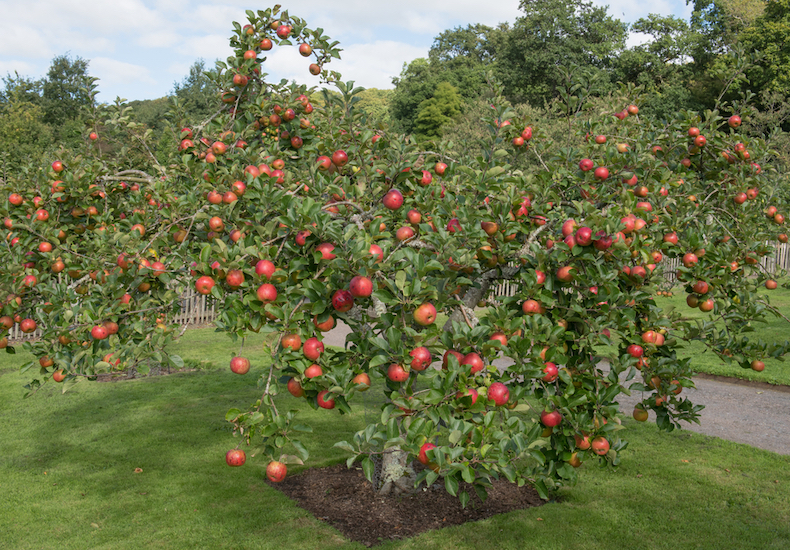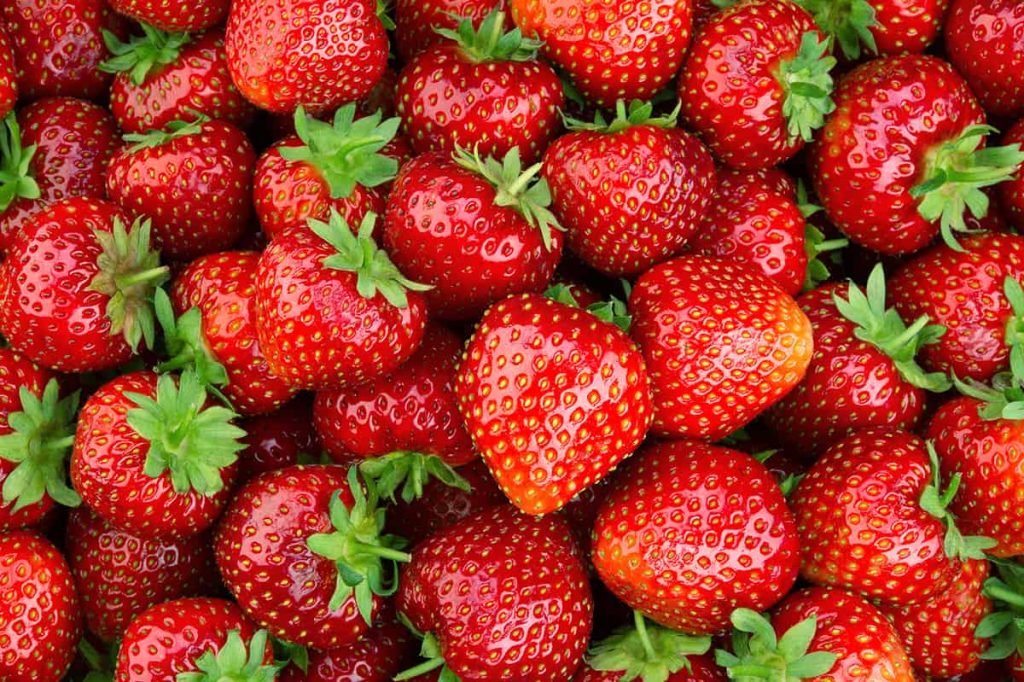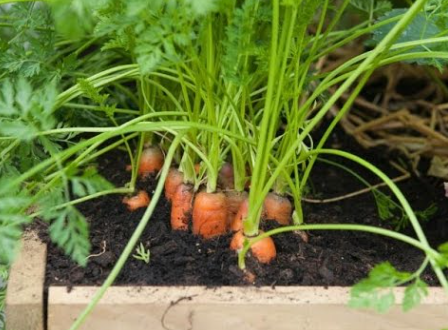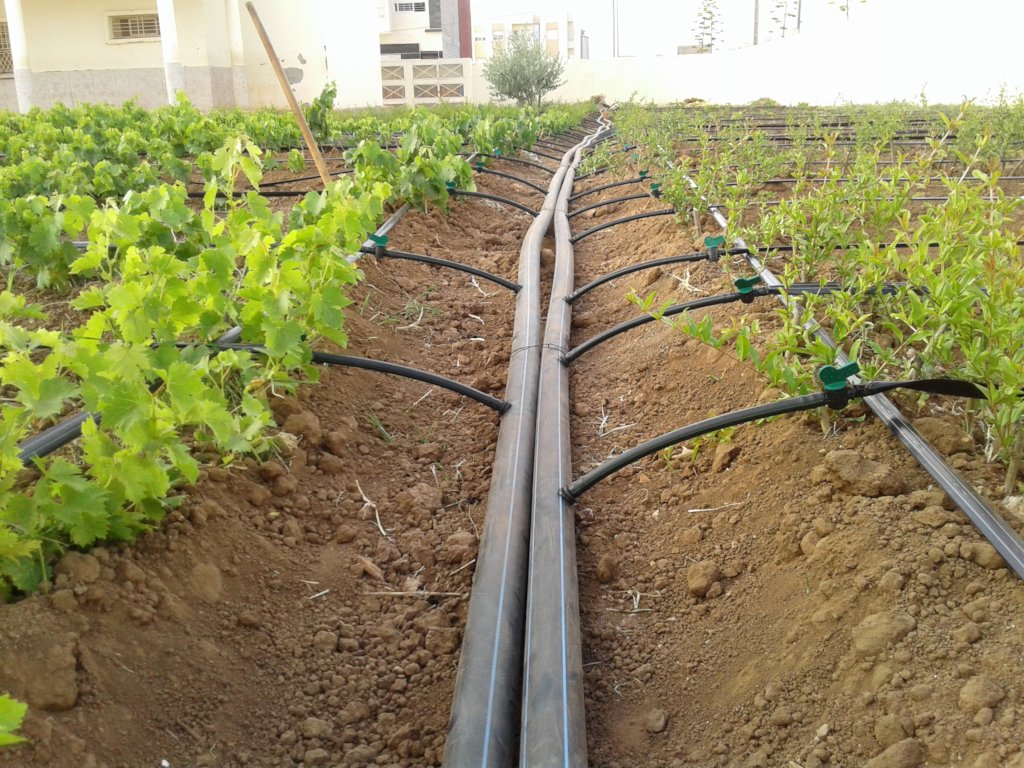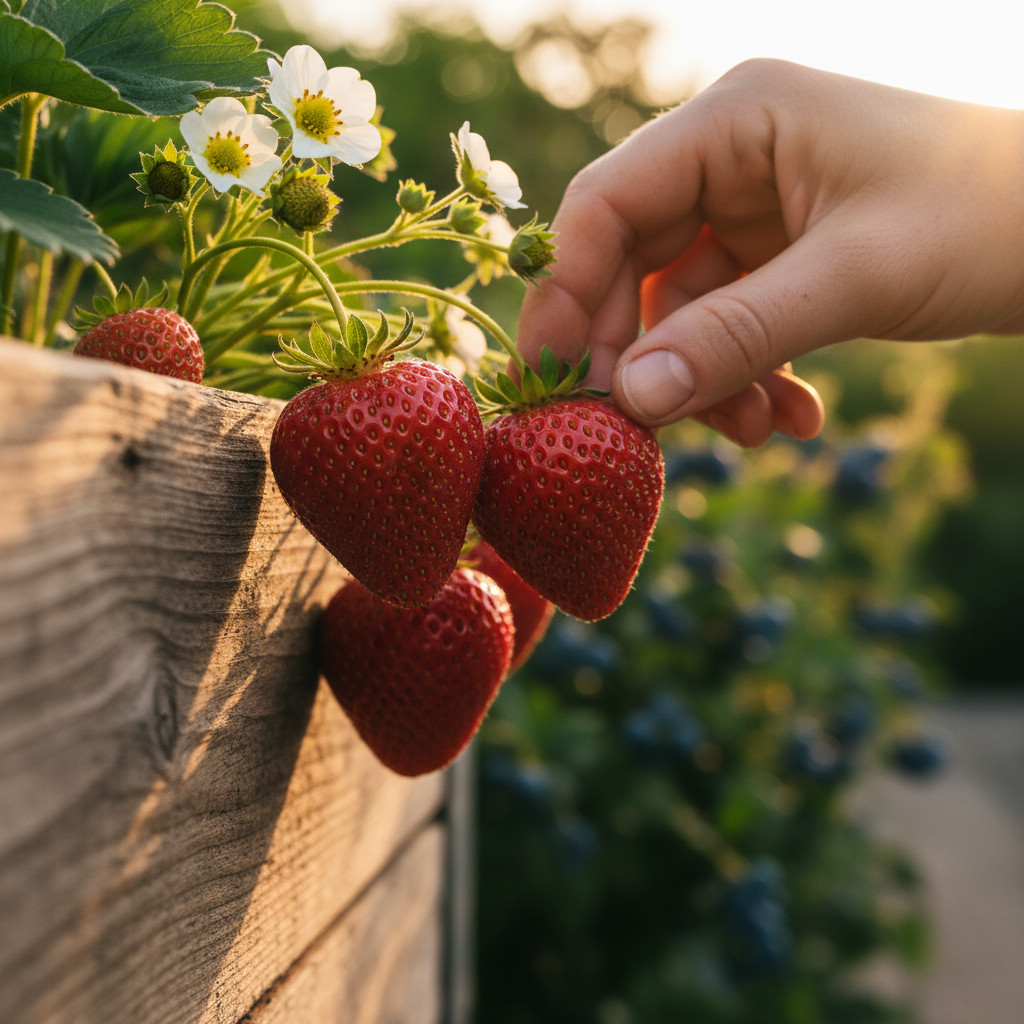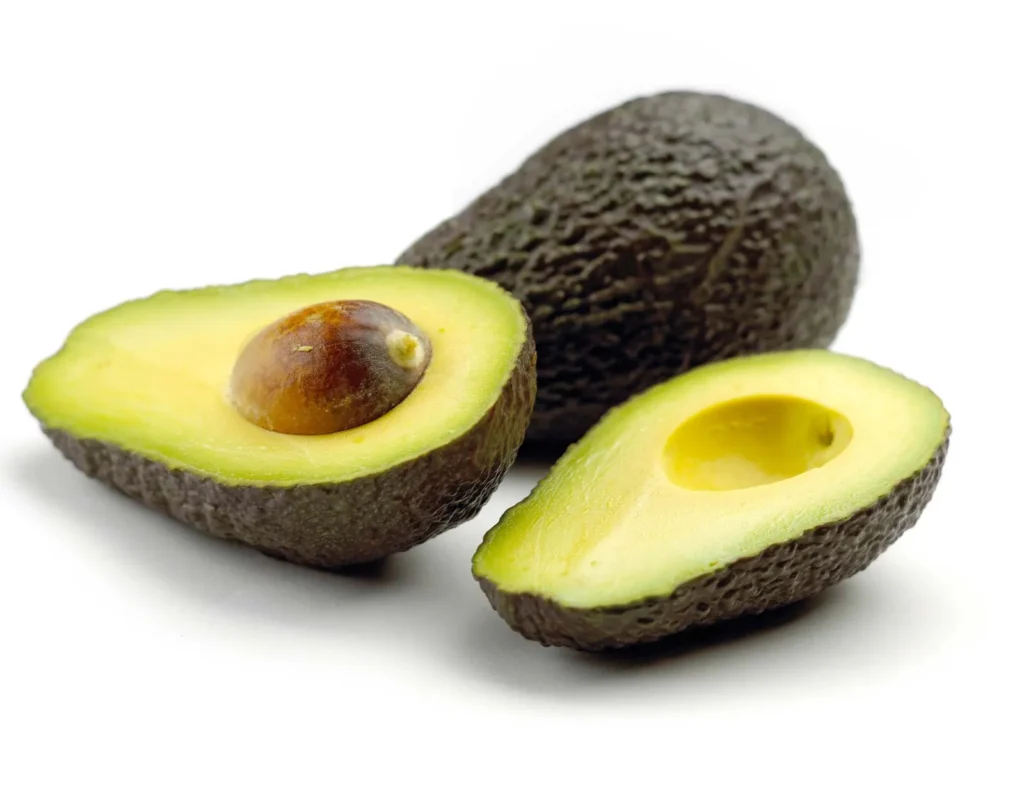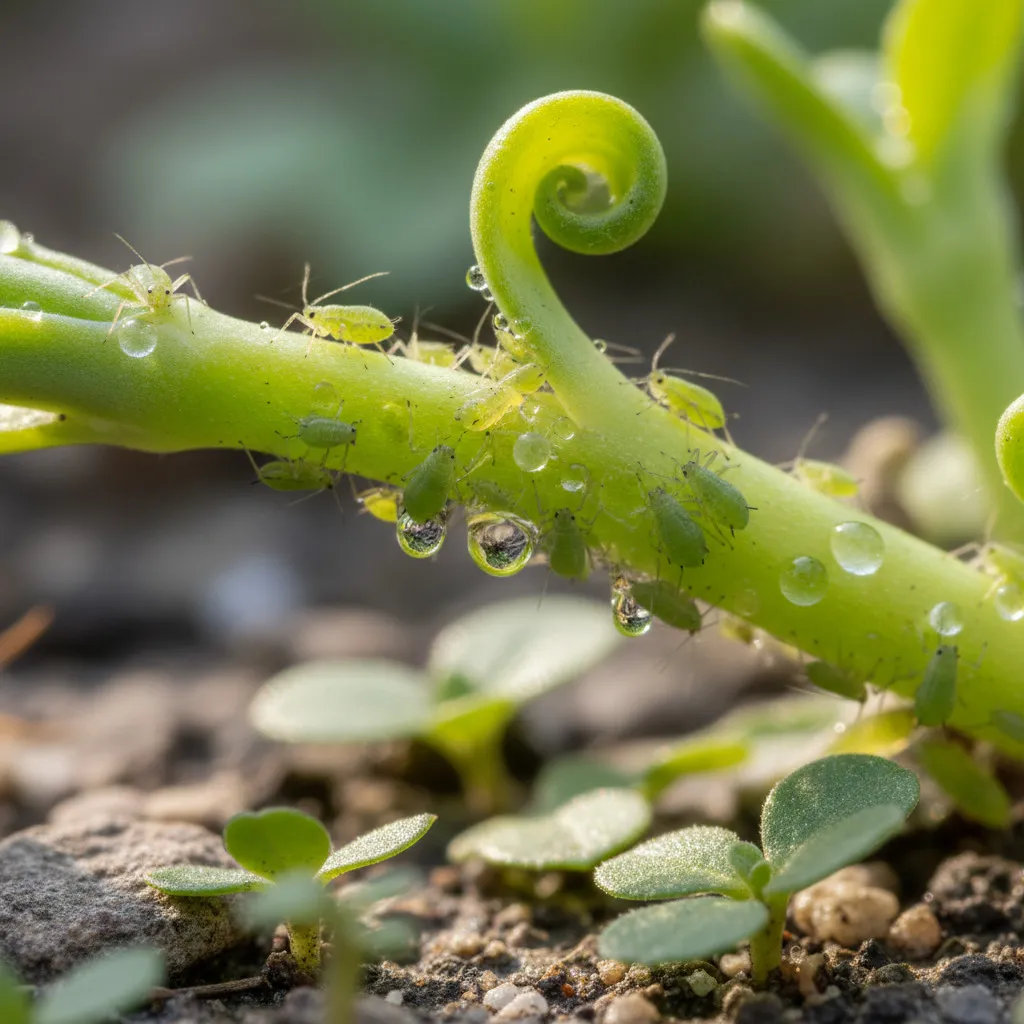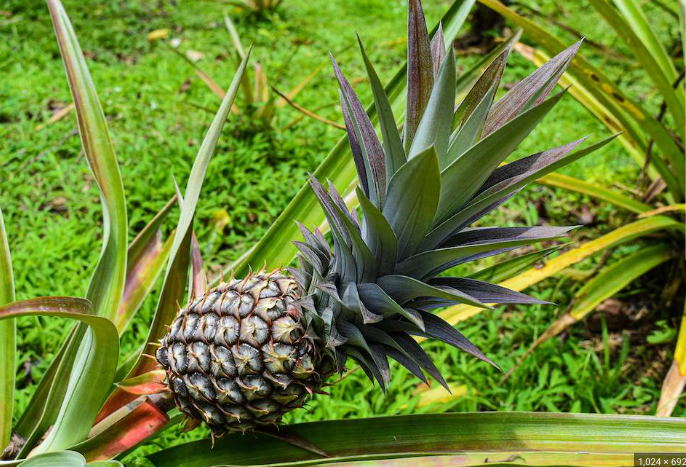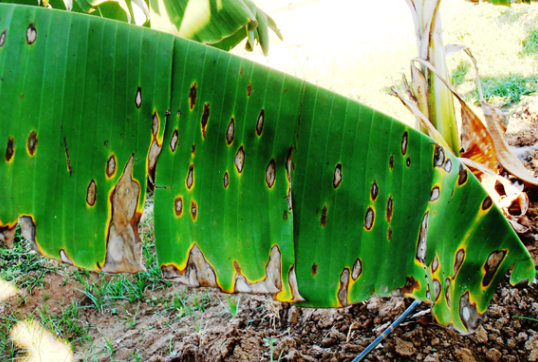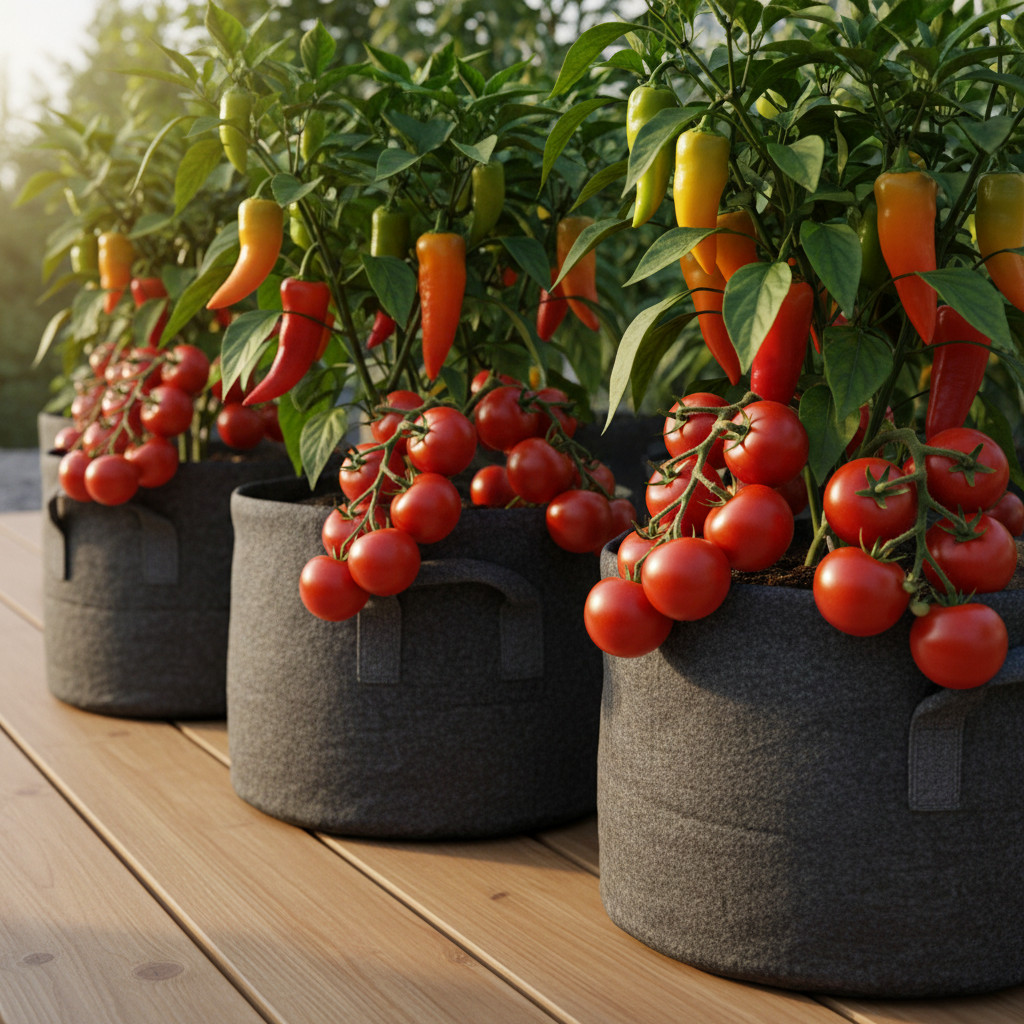If you’re looking to boost your dragon fruit’s growth, it’s key to pick the best fertilizer. With plenty of organic options out there, it might be tough to decide. In this guide, I’m excited to share the top 7 organic fertilizers that can make your dragon fruit plants really flourish.
When you grow dragon fruit, picking the right fertilizer is a game-changer. Organic fertilizers are the secret behind vibrant growth and big harvests. With a growing number of choices on the market, choosing the best one might seem daunting. I’ll help you sift through the options.
Here, you’ll discover my handpicked selection of standout organic fertilizers tailor-made for dragon fruit plants. Get ready to supercharge their growth and reap the rewards of a bountiful, tasty harvest.
Table of Contents
- Understanding Organic Fertilizer and Its Role in Dragon Fruit Cultivation
- Top 7 Organic Fertilizers for Nourishing Dragon Fruit
- 1. Compost
- 2. Vermicompost
- 3. Fish Emulsion
- 4. Seaweed Extract
- 5. Chicken Manure
- 6. Blood Meal
- 7. Rock Phosphate
- Tips for Choosing the Right Organic Fertilizer for Your Dragon Fruit Plants
- How to Apply Organic Fertilizer to Your Dragon Fruit Plants
- Why Organic Fertilizers Are Good for Dragon Fruit Plants
- Frequently Asked Questions
- What is the best fertilizer for dragon fruit?
- What does dragon fruit need from fertilizer?
- How can I make my dragon fruit grow faster?
- Is chicken manure good for dragon fruit?
- How do I get my dragon fruit to make more fruit?
Understanding Organic Fertilizer and Its Role in Dragon Fruit Cultivation
Organic fertilizers come from natural sources like plants, animals, minerals, or living organisms. They give your plants a steady supply of nutrients for solid roots and stems.
For dragon fruit, this type of fertilizer does wonders. It keeps the soil healthy – critical for your plants to thrive. The nutrients that organic fertilizers provide are key for growth and fruit production, and they help maintain a good soil structure. They support microscopic life forms in the soil that break down stuff and keep your plants healthy. Plus, they’re eco-friendly, as they don’t have harmful chemicals.
Top 7 Organic Fertilizers for Nourishing Dragon Fruit
1. Compost
Compost is a superstar fertilizer full of nutrients like nitrogen, phosphorus, potassium, calcium, magnesium, and sulfur. It’s fantastic for soil health and ensures your dragon fruit gets what it needs to grow well and bear fruit.
It’s great at loosening up packed soil, allowing water and air to reach plant roots better. This helps prevent root diseases caused by too much water. Compost also means more good microorganisms in your soil, which break down organic material and provide even more nutrients.
With compost, you’re not just feeding your dragon fruit plants – you’re creating a thriving ecosystem that helps them grow strong and productive.
2. Vermicompost
Vermicompost, or worm compost, is a nutrient-packed organic fertilizer. Thanks to earthworms breaking down organic waste, it’s loaded with goods for your dragon fruit – nitrogen, phosphorus, potassium, calcium, magnesium, and sulfur.
It boosts soil health, making it airy and able to hold moisture just right, which is crucial for root health. Plus, vermicompost builds up good soil microbe populations. These little helpers break down waste into tasty nutrients and keep plant diseases in check.
Using vermicompost, your dragon fruit will get consistent nourishment and a strong defense against soil troubles. It’s a complete care package for your garden.
3. Fish Emulsion
Fish emulsion, made from processed fish waste, is a nutrient-rich liquid fertilizer. It provides lots of nitrogen, phosphorus, and potassium, encouraging your dragon fruit plants to grow strong and fruitful.
This fertilizer is a big help because plants can quickly absorb it, giving them a fast nutrient boost. Also, its low salt content means you don’t have to worry about causing harm to the soil or plants.
For a swift and effective feeding solution for your dragon fruit, fish emulsion is a solid choice.
4. Seaweed Extract
Seaweed extract is an organic fertilizer drawn from the sea. It’s great for feeding dragon fruit plants because it has nitrogen, phosphorus, potassium, and valuable micronutrients. It’s also packed with growth-promoting hormones that encourage strong roots.
This extract also helps plants face tough conditions like drought, extreme heat, and soil diseases. Its natural antioxidants act as a shield against harm from stressors.
In addition, seaweed extract can help punch up the soil structure, making it another excellent choice for your dragon fruit plants.
By using seaweed extract, you’re not only giving your dragon fruit the nutrients they crave, but you’re also fortifying them against the elements – it’s like giving them a plant power-up!
Adding organic matter from seaweed extract can make the soil better for dragon fruit. It makes the soil looser and lets air move through it more easily. This creates a really good place for the plants to grow and produce fruit.
So, using seaweed extract is a smart move for anyone who wants to grow strong and healthy dragon fruit plants.
5. Chicken Manure
Chicken manure is very good for dragon fruit plants. It’s full of nitrogen, phosphorus, and potassium– nutrients that are seriously important for the plants to grow well.
This type of manure can make the soil better, by loosening it up so that air and water can move through it more easily. That’s exactly what dragon fruit plants need to grow well.
Plus, chicken manure has good microbes in it that can help the dragon fruit plants fight stress and disease. These tiny critters make the soil healthier and protect the plants from sickness that comes from the ground.
All in all, chicken manure gives dragon fruit plants the food they need, and it also makes the ground they’re growing in even better. It helps with the health of the plants and the soil too.
6. Blood Meal
Blood meal comes from dried and powdered animal blood and is packed with nitrogen. This is great for dragon fruit because nitrogen helps them grow and make fruit.
When you use blood meal, dragon fruit plants can grow better and faster, which means more chance of getting fruit. It gives a quick nitrogen boost which is cool for speeding up growth and getting the fruit going.
Blood meal also helps the soil by adding organic matter to it. That means the soil gets better at holding water and lets air through which is perfect for dragon fruit plants to thrive.
In short, blood meal is super good for dragon fruit plants. It feeds them well and also improves the ground they grow in, so they can be strong and fruitful.
7. Rock Phosphate
Rock phosphate is a special kind of fertilizer made from rocks full of phosphorus. This stuff is super important for helping dragon fruit plants grow their roots, flowers, and fruits.
It’s good for the roots of dragon fruit plants and it keeps giving them phosphorus for a long time. It’s a nutrient they always need, so it’s great for long-term growth.
Also, rock phosphate makes dragon fruit tougher. It gives them a better chance to fight off stress and sickness because it boosts their natural defense system.
This stuff doesn’t just feed the plants. It actually makes the soil where dragon fruit grows better too. It helps the ground to breathe and hold water the right way so the plants can grow better and make lots of fruit.
In the end, rock phosphate is a great choice as a fertilizer for dragon fruit because it does two big things – it feeds the plants and makes the soil really good for growing.
Tips for Choosing the Right Organic Fertilizer for Your Dragon Fruit Plants
If you want your dragon fruit plants to grow healthy and make lots of fruits, keep these things in mind when picking an organic fertilizer:
- Get the nutrients right – Dragon fruit needs a mix of important stuff like nitrogen, phosphorus, and potassium. Choose a fertilizer that has these in a balanced way.
- Pick good quality – Some organic fertilizers can have bad things in them. Be sure to get ones without any harmful stuff that could hurt your plants.
- Think about the kind of fertilizer – Organic fertilizers come in different types, like granules, liquids, or powders. Pick the one that works best for where you’re growing your dragon fruit and the way you want to use it.
- Make sure it’s okay with other stuff – If you’re using other products in your garden, check that they won’t mess with your fertilizer before you use them together.
- Use the right amount – Organic fertilizers are slow to work, so you need to use the right amount. Don’t overdo it– just follow what the instructions say.
- Watch your plants closely – Keep an eye on your dragon fruit plants to see how they’re doing. If you notice any changes, you might need to tweak how you’re feeding them.
How to Apply Organic Fertilizer to Your Dragon Fruit Plants
To make sure your dragon fruit plants get all the good stuff they need from the fertilizer, follow these tips:
- Figure out the right amount – The amount you need depends on what kind of fertilizer you’re using, how old your plants are, the type of soil, and how much food is already in the soil. Always look at what the fertilizer maker recommends.
- Time it right – Fertilize when your dragon fruit is in its growing season, usually in the warmer parts of the year like spring and summer. Try not to do it when it’s really hot or dry.
Spread it evenly with soil – Spread the fertilizer around the plants evenly and mix it into the soil a bit. This way, the plants can get at the nutrients better.
- Mix in fertilizer: Spread your chosen organic fertilizer around the base of your dragon fruit plants and mix it into the soil.
- Water deeply: Water the plants deeply after adding the fertilizer so the nutrients can soak down to the roots.
- Apply more if needed: You might need to add more fertilizer during the growing season. Watch how your plants are growing and add more if they seem to need it.
- Don’t use too much: Using too much fertilizer can cause problems, like making the plants grow leaves instead of fruit. Stick to the amount that is recommended and keep it away from the plant stems.
- Use mulch: Lay down some organic mulch around your dragon fruit plant. This will keep the soil moist and help stop the fertilizer from washing away.
By doing these things, you can help your dragon fruit plants grow well and produce lots of fruit!
Why Organic Fertilizers Are Good for Dragon Fruit Plants
Organic fertilizers are really good for dragon fruit plants for many reasons:
- They make the soil better by adding organic matter, which helps the soil hold more water and nutrients, creating a better home for the plants.
- They’re safer than chemical fertilizers because they don’t have harmful chemicals that might get into the soil.
- They give nutrients to the plants slowly, so the plants get a steady supply over time.
- They have phosphorus, which helps the plants grow strong roots.
- They give the plants important micronutrients like magnesium and iron that they need to stay healthy and strong.
- They help the plants fight off pests and diseases naturally.
- They’re good for the planet because they use natural things that can be renewed, unlike chemical fertilizers made from oil and other nonrenewable resources.
Using organic fertilizers is great for helping dragon fruit plants grow well, keeping the soil and environment clean, and supporting farming that’s good for the Earth.
